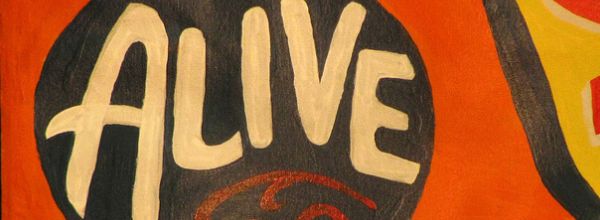One of the most exciting things about being a scientist is doing experiments that have never been done before. Unfortunately, this can also be one of the most daunting aspects of science. So, how do you put together the new protocol for a new experiment? Read on to make taking on your next experiment less daunting.
Break the new protocol into pieces
When approaching an intimidating new experiment, the easiest thing to do is to first break it down into manageable pieces. Breaking it into pieces can help you organize and prioritize the protocols you need. Most importantly it just makes it look less big and scary, making it easier for you to start. And while you are breaking down the new protocol be sure to take note of anything that may have been done before. This is because the next step is to…
Find any Previously Performed Experiments
While your experiment as a whole may be novel, it is likely that many pieces of your experiment have been done before. They might have been in another system or to a different end, but some version of it has been done before. Trust me.
So your next job is to find them. Start by 1) hitting up protocol databases, such as bioprotocols.com or protocol-online.org, 2) ask you lab mates, they may have done similar things already, and 3) read your primary literature. When looking for appropriate protocols be open to protocols performed in different species or with different end goals. While the entire protocol may not fit your purpose, that’s OK – you just need a start, some guidelines on how to apply the techniques to your system.
Enjoying this article? Get hard-won lab wisdom like this delivered to your inbox 3x a week.

Join over 65,000 fellow researchers saving time, reducing stress, and seeing their experiments succeed. Unsubscribe anytime.
Next issue goes out tomorrow; don’t miss it.
Find the Similarities
Look through the protocols you find for similarities that apply to your new experiment. If most of the protocols share something, take note! Because it is probably an important step. If you find deviations, also take note! You never know, you may have to try multiple variations to find what works best for you.
I know, I know I basically just told you to take notes on everything. I know the temptation is to disregard this advice in an attempt to save time. But trust me, months from now when you are troubleshooting or years from now when you are writing your dissertation you will be glad you took good notes about your protocol development.
Fill in the Gaps
After you have pieced together the published protocols the best you can, it is time to fill in the gaps. Usually, these gaps are things that are specific to your lab. Hopefully your lab mates and you have the knowledge and background required to make the leaps. Otherwise, you just may need to take an educated guess. Remember though, nothing is guaranteed. Since these techniques are being performed under new conditions, the published protocols and even your lab’s time-tested methods may need to be adjusted.
Test your Options and Adjust
By this point, you should have developed a few protocol variations. To find out what variation is best, you need to test them. When testing remember to use a few samples with a few replicates. You want to be confident that your successes or failures aren’t just from bad form or samples.
Don’t get (too) Frustrated!
This is maybe the hardest part. But do be kind to yourself. You are exploring unchartered waters. So don’t be surprised if it doesn’t work flawlessly on the first attempt. Keep at it. Make note of where different failures occur, adjust and try again. Just be careful not to adjust too many steps at once, as doing so will make it difficult to narrow down which steps worked.
In my experience, many new protocols can be created with very little issue. Others can be infuriating. Just remember to take your time. Time spent researching and developing a solid new protocol is time well spent. So try not to get too frustrated. Remember, at the end of it all you will be the first person to have attempted this experiment, and that is something worth bragging about!
You made it to the end—nice work! If you’re the kind of scientist who likes figuring things out without wasting half a day on trial and error, you’ll love our newsletter. Get 3 quick reads a week, packed with hard-won lab wisdom. Join FREE here.








